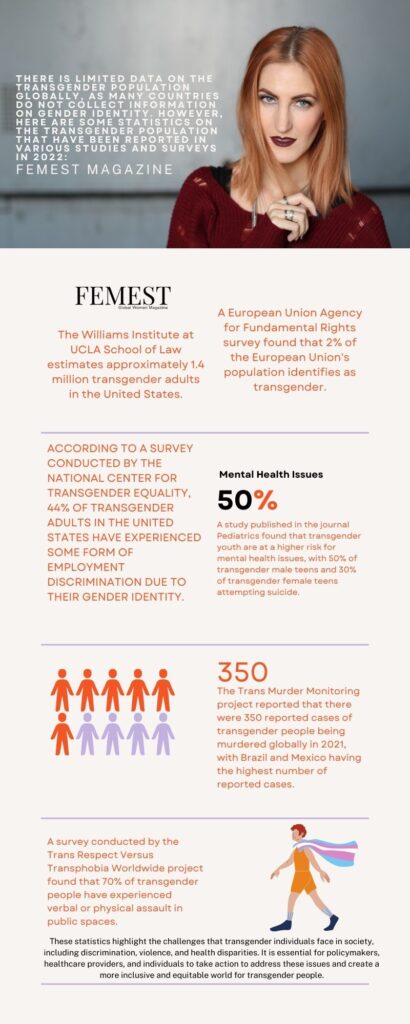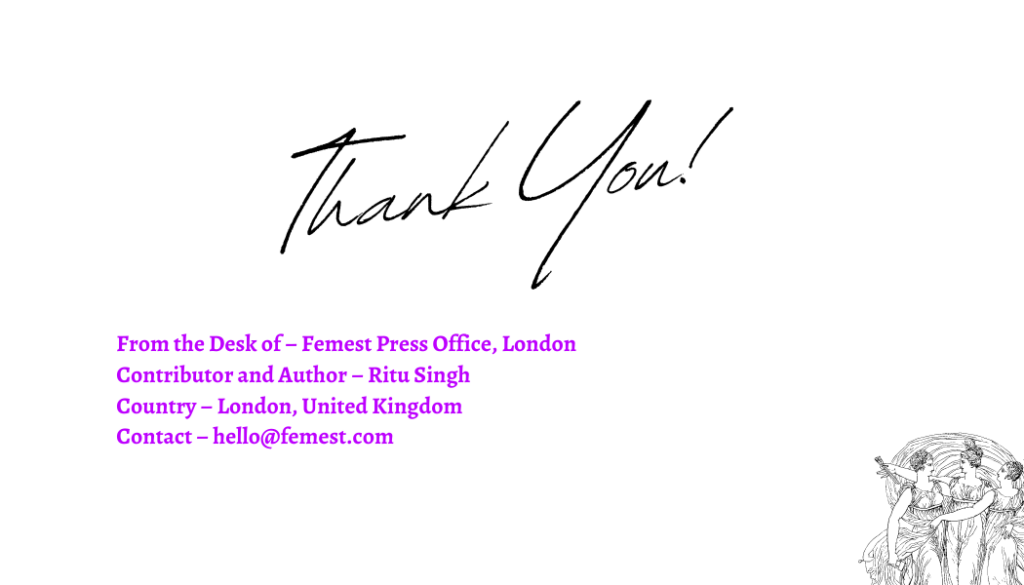Transgender inclusiveness in society is an issue that has gained a lot of attention in recent years and for a good reason,
Transgender people face numerous challenges and discrimination in many aspects of their lives, including healthcare, employment, housing, and education. Therefore, society needs to be more inclusive of transgender individuals, who are integral to our diverse community.
First and foremost, it is essential to understand what it means to be transgender. Transgender people do not identify with the gender they were assigned at birth.
This can be a challenging experience, as transgender people often face hostility, discrimination, and prejudice. However, to create a more inclusive society, we must acknowledge and respect the experiences of transgender people.

One way that society can be more inclusive of transgender people is by using their correct pronouns. This may seem like a small gesture, but it can significantly affect how transgender people feel about themselves and their place in society. Therefore, it is essential to use the pronouns individuals have chosen for themselves, whether he/him, she/her, or they/them. This small act can go a long way in helping transgender people feel seen and valued.
Another critical aspect of transgender inclusiveness is access to healthcare. Transgender individuals face unique healthcare needs, including hormone therapy, gender-affirming surgeries, and mental health support.
Unfortunately, many healthcare providers are not equipped to meet these needs, and as a result, transgender people often face significant barriers to accessing healthcare. Therefore, it is essential for healthcare providers to be trained in transgender healthcare and to provide culturally competent care to transgender patients.
Additionally, insurance companies should cover gender-affirming treatments, as these are essential for the well-being of transgender individuals.

Employment is another area in which transgender individuals face significant discrimination. Transgender people often face discrimination when looking for a job; once employed, they may face harassment and discrimination in the workplace. Employers need to create a welcoming and inclusive environment for transgender employees. This can be achieved by implementing policies that prohibit discrimination based on gender identity and by providing training for employees on transgender issues.
Housing is another area in which transgender people often face discrimination. Transgender individuals may be denied housing, evicted, or forced to live in unsafe environments. Housing providers must ensure that all individuals, regardless of gender identity, can access safe and affordable housing.
Finally, education is an area in which transgender inclusiveness is essential. Transgender students often face discrimination and harassment in school, leading to adverse educational outcomes.
Therefore, schools must create a safe and inclusive environment for transgender students. This can be achieved by implementing policies that prohibit discrimination based on gender identity, providing training for teachers and staff on transgender issues, and ensuring that transgender students have access to gender-neutral restrooms and locker rooms.
In conclusion, transgender inclusiveness in society is essential for creating a more just and equitable world. It is vital for society to acknowledge and respect the experiences of transgender individuals, to use their correct pronouns, and to provide access to healthcare, employment, housing, and education.
Doing so can create a more welcoming and inclusive world for all individuals, regardless of gender identity. It is up to all of us to take action and create a better world for transgender individuals.

